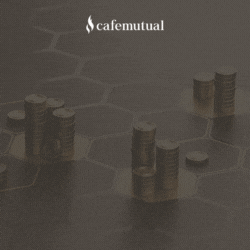Hidden in the fine print of the Budget document, there is something to cheer for the mutual fund industry.
The recent finance bill proposes tax concessions for fund of funds (FOFs) investing at least 95% of their assets in domestic equity ETFs. Consequently, short-term capital gains on these funds will be 15% from current financial year onwards if an investor redeems units within 12 months.
In February 2018, the government had relaxed LTCG tax on such FOFs that tracks equity ETFs by bringing them in line with equity funds for taxation. Accordingly, LTCG in these funds are tax-free till Rs. 1 lakh (total long-term capital gains of the investor across all equity investments) after which gains are taxed at 10%. However, STCG on these FOFs are taxed at marginal rate of taxation.
Traditionally, fund of fund schemes are taxed like debt schemes irrespective of whether they invest in equity or debt. That is, STCG in traditional FOFs is the marginal tax rate of the investor and LTCG is taxed at 20% post indexation. Going forward, FOFs investing in mutual fund schemes or foreign ETFs will be taxed like debt while those investing in domestic equity ETFs will be taxed like equity funds.
The government has extensively used ETFs in its divestment program. The first five tranches of CPSE ETF collected around Rs. 38,500 crore while in the three tranches of Bharat 22 ETF collected about Rs. 32,900 crore. However, investing in ETF requires the investor to have a demat account whereas in a fund of fund structure, investor can invest through mutual funds directly.
The move may help bring the CPSE and Bharat 22 ETF at par with their FOFs in terms of taxation. It may also incentivise more retail participation in these products as currently, the proportion of retail investors holding demat account is low.






